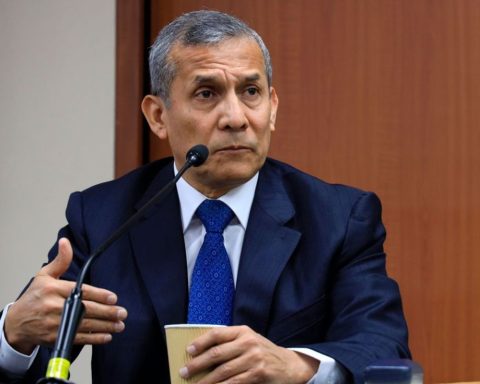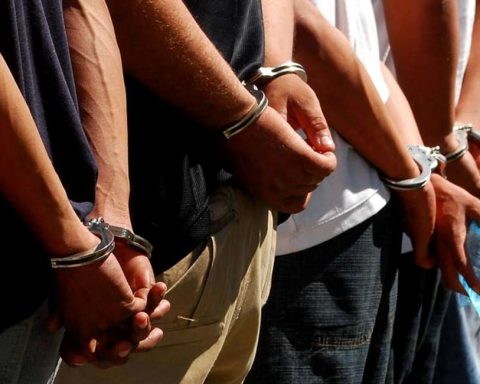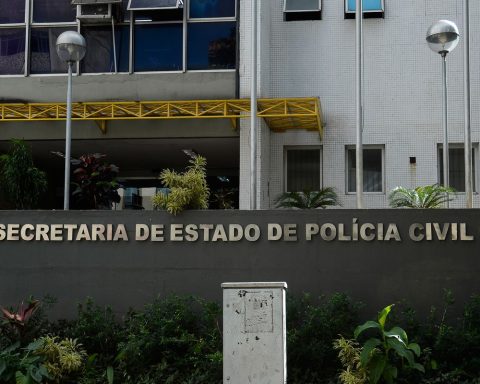Havana Cuba. – The necessary changes based on in-depth analysis of the complex problems existing in Cuban society have been addressed in the Christmas message of the Catholic Bishops of Cuba, issued on November 30, and in other previous ones. The Catholic Church was subjected to great repressions, and has accompanied Cubans through ups and downs during these difficult 63 years.
“That where there is fear, mistrust, routine, lies and hatred, Christ put courage, hope, enthusiasm, truth and forgiveness. How much joy it would bring to their families and people in general to know that, this Christmas, a good number of those who are in prison are released and return to their homes to reintegrate into normal life!”, they say. The accompaniment of families suffering from emigration, the pain and loneliness of the elderly, sick or suffering from difficulties and deprivations, the prelates ask. The priests, nuns and lay people share their few medicines, food and, above all, their suffering.
25 years after the authorities once again recognized Christmas as a holiday at the request of Pope John Paul II before his visit to Cubapeople will be able to share this family party and participate in the celebrations in the churches of their respective communities.
Long ago, the end of the year celebrations were enthusiastically prepared in almost every home according to customs, economic possibilities and religious beliefs. Smiling faces, jokes on the lips, loud music everywhere, the body swaying as it walks as if it were dancing, appropriate words and pleasant conversation on the most diverse topics, prized for honesty and industriousness, that is how we remember Cubans and their customs. .
Roasted suckling pig, congrí, yucca with mojo, salads, Spanish and Cuban nougat, figs, dates, hazelnuts, walnuts, apples, pears and the midnight grapes of December 31, cider, beer, rum, brandy and whiskey. The garlands and the Christmas tree accompanying the recreation of the Nativity; the gifts brought by the Three Wise Men and Santa Claus, the Misa del Gallo or the Afro-Cuban rites.
The memories are fading. The Revolution prohibited expressions of faith for 30 years. It was necessary to hide the large image of the Sacred Heart of Jesus that used to hang in the living room or dining room, the images of the Virgen de la Caridad —patron saint of Cuba— and of Regla, the glasses of water and the sunflowers. Baptisms and marriages were carried out with the utmost secrecy and many little girls had Caridad as their second name.
Although a large part of Cubans were not practicing devotees, they enjoyed the traditions and the enjoyment with family and friends who had come from afar for the special occasion. When she agreed, in 1992, Fidel Castro ceased the persecution. Now the people give thanks to God out loud and, in the National Assembly, the designated President of the Republic salutes with a cry of “Aché!”. Necklaces and bracelets are worn, and toques de santo are frequented even by high leaders.
Today Cubans do not run to catch the elusive pigs from the pigsty, or buy a leg to roast. The suckling pig fled thanks to the Revolution, and if one is found, it must be allowed to pass because of the prices, not of inflation, but of perennial scarcity. It is said that the Government will import some meat to sell it for the ration book and calm the exalted spirits.
Probably the expectation is reduced to the desire to return to eat the typical traditional dish, previously common at the table of all social classes. Christmas decorations, reauthorized during the opening with the United States (2009-2018), they have disappeared. The toys are found in private sales or received from relatives residing in Miami and other countries.
January also marks the 25th anniversary of the visit of Pope John Paul II to Cuba. To commemorate it, the Catholic Church will hold celebrations from January 24 with the participation of Cardinal Beniamino Stella, who was apostolic nuncio at that time.
OPINION ARTICLE
The opinions expressed in this article are the sole responsibility of the person who issues them and do not necessarily represent the opinion of CubaNet.
Receive information from CubaNet on your cell phone through WhatsApp. Send us a message with the word “CUBA” on the phone +525545038831, You can also subscribe to our electronic newsletter by giving click here.
The post When will Christmas Eve return to Cuba? appeared first on CubaNet.
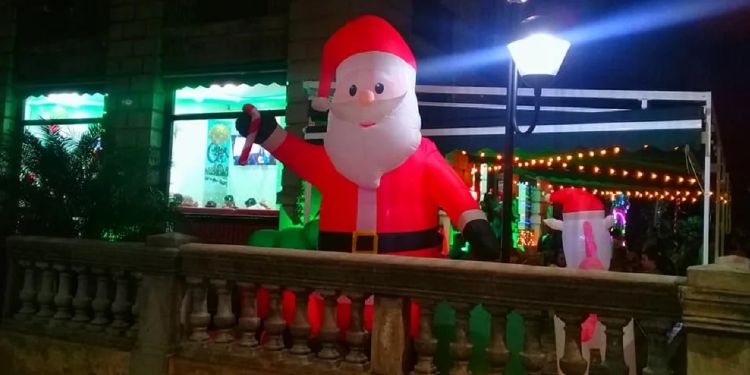
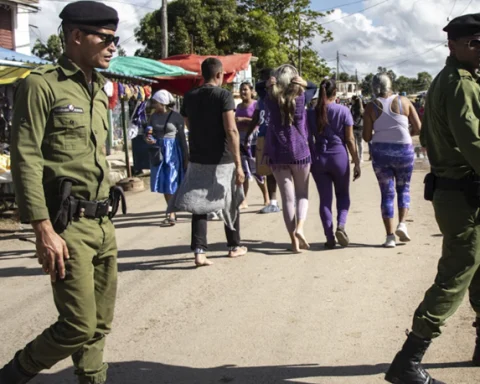
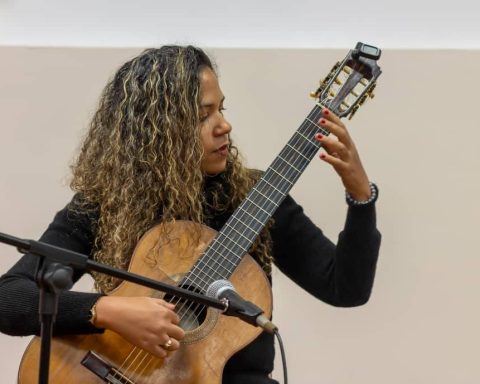
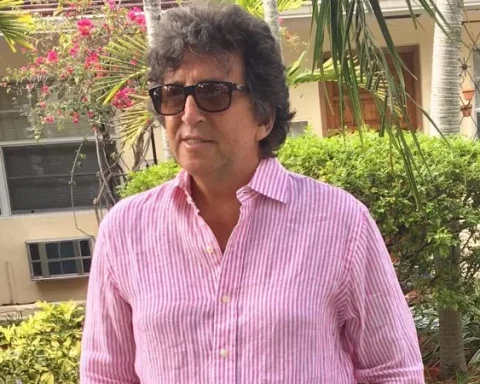
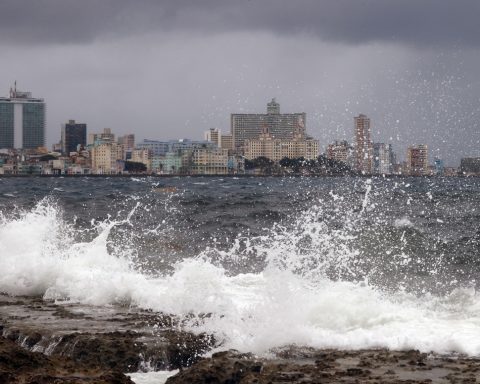
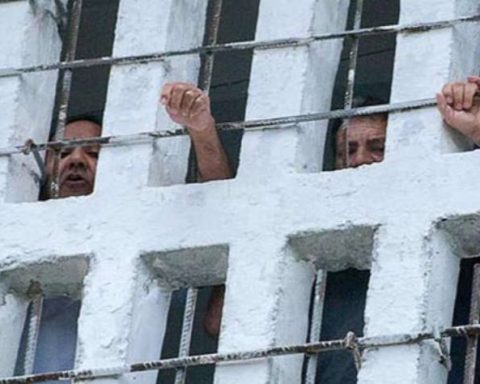
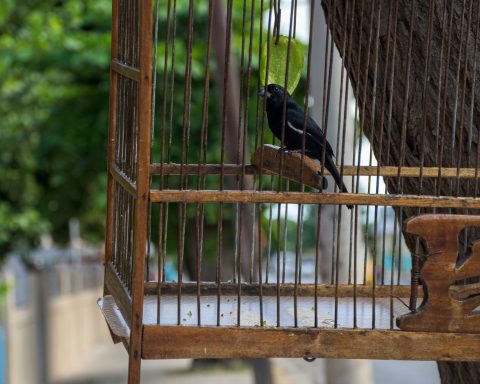





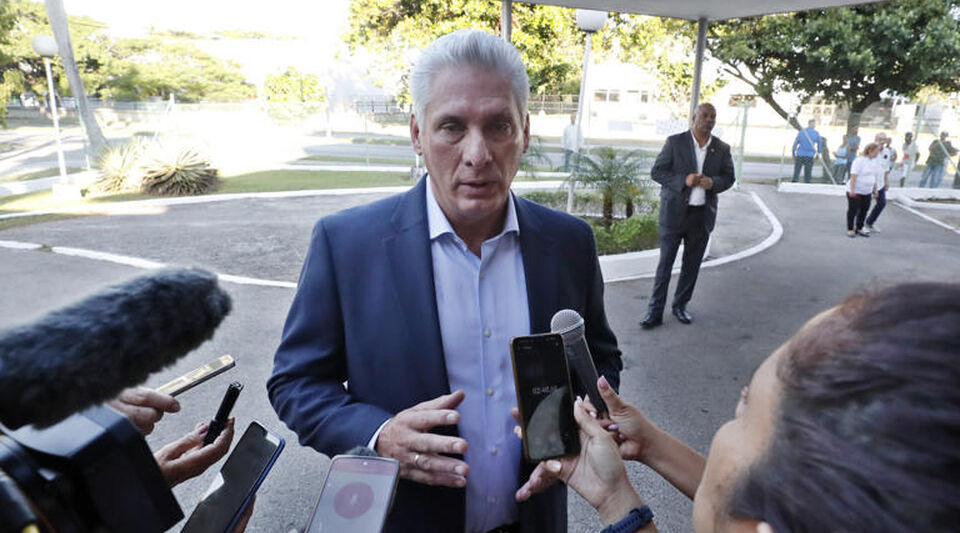
![[Video] Woman who was attached to the cell phone was hit by a tractor-trailer: She was saved by a miracle [Video] Woman who was attached to the cell phone was hit by a tractor-trailer: She was saved by a miracle](https://latin-american.news/wp-content/uploads/2022/12/Video-Woman-who-was-attached-to-the-cell-phone-was-1024x599.jpg)
